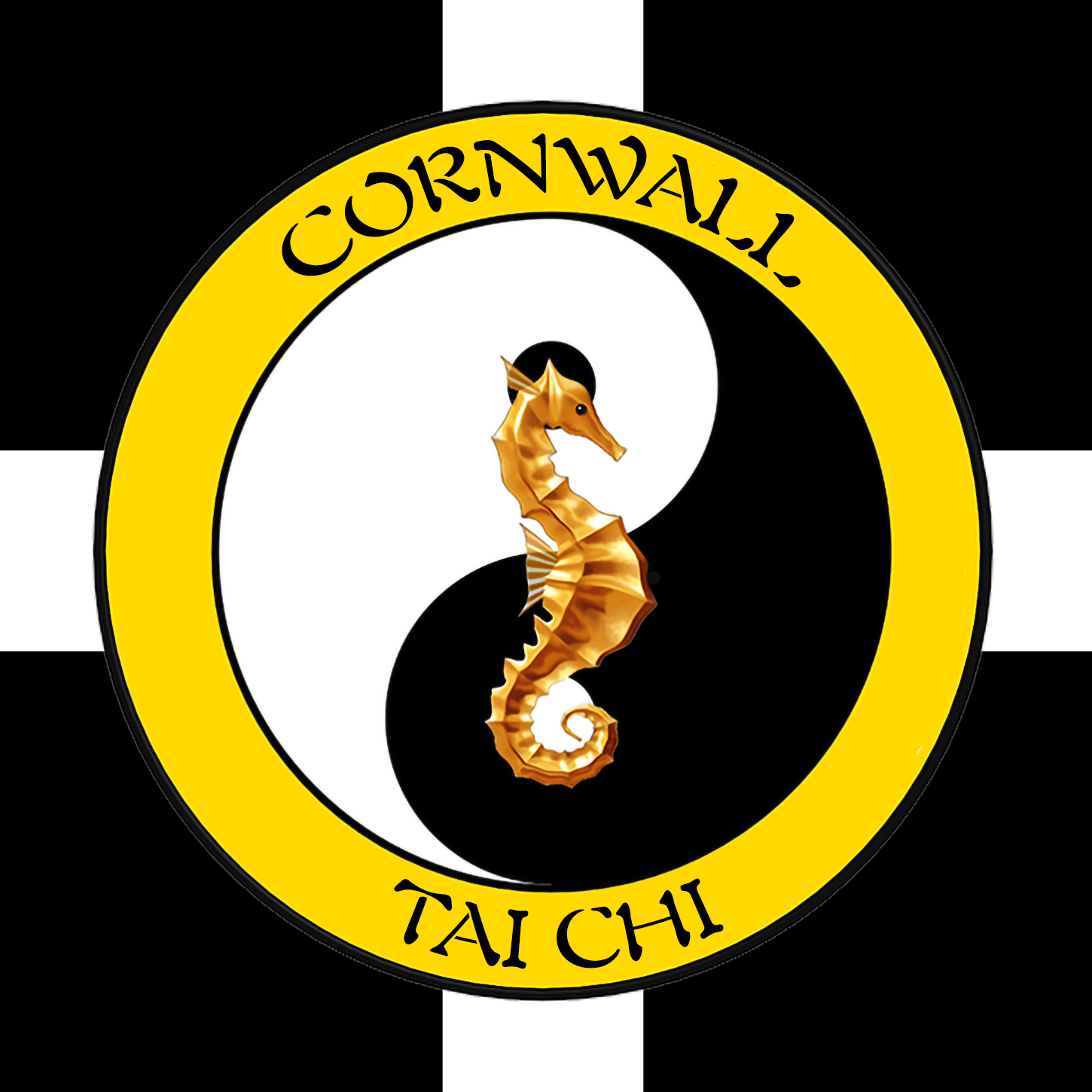Understanding the Importance of flow.

Taoism, an ancient Chinese philosophy and spiritual tradition, offers a profound perspective on the relationship between one’s life path and health. At its core, Taoism emphasizes living in harmony with the Tao, which can be roughly translated as “the Way” or “the Path”. Just as a river flows seamlessly through valleys and mountains, Taoists believe that human life should follow its natural course or flow. Any interruption or deviation from this flow can lead to disharmony and, ultimately, sickness. Let’s delve deeper into this concept and explore its implications for health and well-being.
The Tao as The Flow of Life
The Tao Te Ching, a foundational text of Taoism written by Laozi, introduces the concept of Tao as the ultimate reality and source of all existence. It’s an underlying natural order that governs the universe. Though it’s hard to put into words, you can think of the Tao as the cosmic flow or the ultimate path of life.
When individuals align with this flow, they achieve a state of ‘Wu Wei’ – non-action. This doesn’t mean inactivity, but rather taking action in harmony with the Tao; it’s about allowing things to unfold naturally without force or resistance.
Health and the Tao
Traditional Chinese Medicine (TCM) is deeply rooted in Taoist principles. TCM believes that the body is a microcosm of the universe, with its energy patterns and flows. Health, in this perspective, is a balanced flow of Qi (pronounced “chi”), the vital life force or energy. When the Qi flows unhindered through the body, a person is in good health. However, blockages or interruptions in this flow can lead to imbalances and illnesses.
Several factors can interrupt our alignment with the Tao:
- Physical Stressors: Overexertion, poor diet, lack of sleep, or any form of physical trauma can disturb the flow of Qi.
- Emotional Turmoil: Emotions are a natural part of the human experience. However, excessive or prolonged negative emotions like anger, worry, fear, or sadness can disrupt the Qi flow.
- Environmental Factors: Living in environments that are not conducive to health, such as polluted areas or places with negative energies, can hinder one’s alignment with the Tao.
- Lack of Purpose: Not having a clear purpose or direction in life can lead to a feeling of being lost or adrift, causing misalignment with one’s natural flow.
Realigning with the Tao for Health
Taoists believe that realigning oneself with the Tao is essential to restoring health and well-being. This involves:
- Meditation and Mindfulness: Practices like Tai Chi and Qigong not only help in maintaining physical health but also promote the flow of Qi. Meditating regularly and being mindful of one’s actions and surroundings can help in recognizing and removing blockages.
- Harmonizing with Nature: Spending time in nature and understanding its rhythms can help one sync with the Tao. Adopting a natural lifestyle, which might include consuming natural and unprocessed foods or following the rhythms of the day (rising with the sun and sleeping early), can promote better health.
- Emotional Release: Finding healthy outlets for emotions, whether through art, music, therapy, or journaling, can help in clearing emotional blockages.
- Seeking Guidance: Sometimes, assistance from a skilled TCM practitioner or Taoist teacher can be invaluable in guiding one back to the path
The Taoist perspective on health is a holistic one. It’s not just about treating symptoms but understanding the deeper imbalances that lead to those symptoms. By viewing health as a manifestation of one’s alignment with the Tao, or the natural flow of life, it encourages proactive and preventive measures rather than reactive ones.
In today’s fast-paced world, where external demands often dictate our actions, it’s easy to lose sight of our inherent nature and path. However, by understanding and embracing the principles of Taoism, one can navigate the journey of life with grace, balance, and a deep sense of well-being. Remember, the journey itself is the Tao, and staying aligned with it is the key to health and harmony.
Delving Deeper
In Taoist philosophy and Traditional Chinese Medicine (TCM), wandering off the path or losing alignment with the Tao can manifest in various illnesses or imbalances. It’s a holistic perspective that considers the body, mind, and spirit as interconnected. Let’s delve deeper into the types of imbalances or illnesses that can arise from straying from the Tao.
Physical Imbalances
- Digestive Disorders: Overindulgence in food or consuming an inappropriate diet can lead to issues like bloating, constipation, or other digestive problems. This could be seen as a manifestation of not following the natural rhythms and requirements of the body.
- Fatigue and Exhaustion: Overexertion, not following the body’s natural rhythms (like staying up late consistently), or simply not getting adequate rest can lead to chronic fatigue. The body’s natural flow and energy (Qi) become depleted when it’s not allowed to recharge.
- Weakened Immunity: Constant stress, poor diet, and lack of proper rest can weaken the immune system, making the body susceptible to colds, flu, and other infections.
Emotional Imbalances
- Depression: A lack of purpose, feeling disconnected from the world, or suppressing one’s true nature can lead to feelings of sadness, melancholy, or clinical depression.
- Anxiety: Living out of sync with the Tao might mean living against one’s nature, constantly battling inner and outer conflicts. This constant state of tension can manifest as anxiety.
- Irritability and Anger: Not being in flow can make one feel constantly thwarted, leading to feelings of frustration, irritability, or unexplained anger.
Spiritual Imbalances
- Feeling Lost or Adrift: One of the most profound indicators of losing alignment with the Tao is a sense of purposelessness. Individuals might feel they’re drifting through life without direction.
- Disconnection: A feeling of disconnection from oneself, others, or the universe is a sign of spiritual imbalance. This can manifest as a sense of isolation, even when surrounded by people.
- Existential Dread: Constantly grappling with existential questions, experiencing fear of death, or a sense of impending doom can be related to being out of alignment with the natural flow of life.
Social Imbalances
- Conflict in Relationships: Being out of sync with one’s true nature can cause friction in personal relationships. This might manifest as frequent arguments, misunderstandings, or feelings of dissatisfaction.
- Isolation from Society: Individuals might find it hard to relate to societal norms, feeling out of place or isolated from their communities.
- Work-Related Stress: Engaging in a profession that doesn’t resonate with one’s true calling or facing continuous work stress indicates a deviation from one’s natural path.
To conclude, in Taoist thought, health is a harmonious balance of body, mind, and spirit. Deviating from the Tao – the natural path of life – can result in various imbalances or illnesses. While these manifestations might seem distinct, they are interconnected and often influence each other. The Taoist approach to healing involves not just treating these symptoms but understanding and rectifying the underlying imbalances that cause them.

